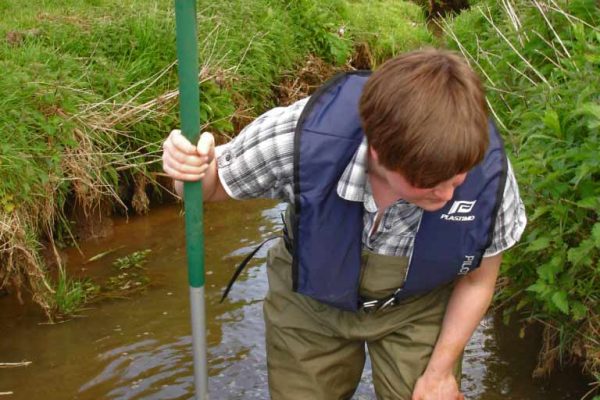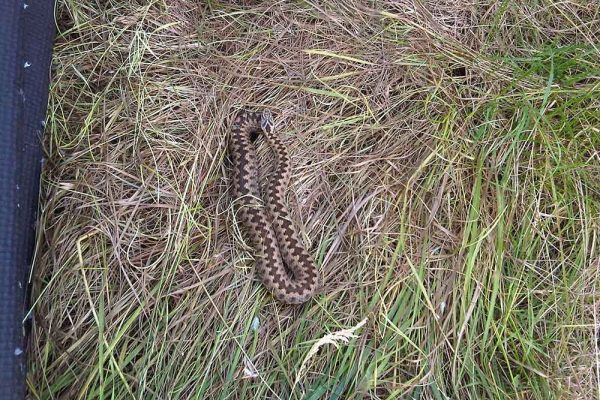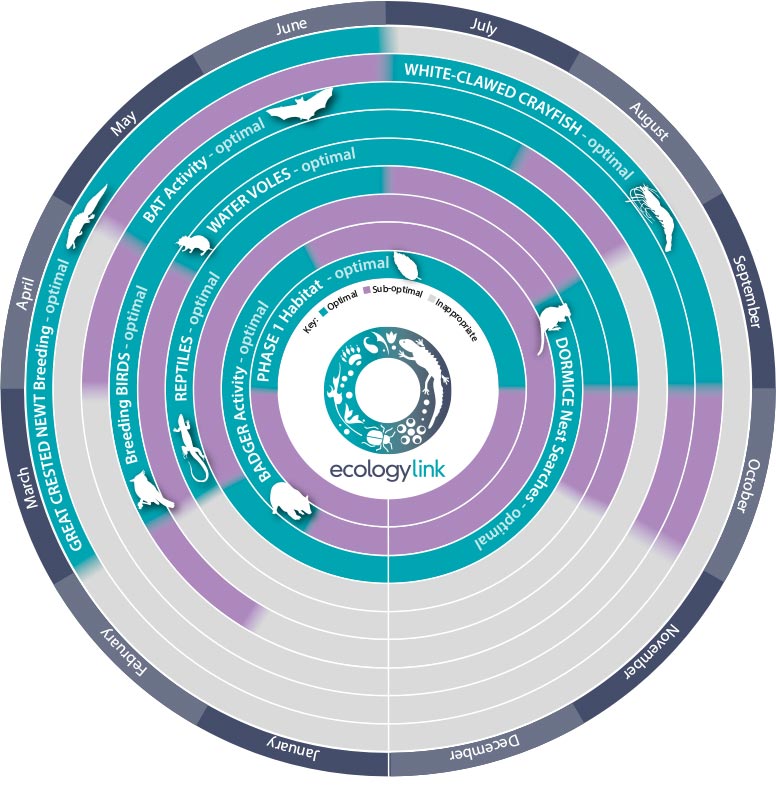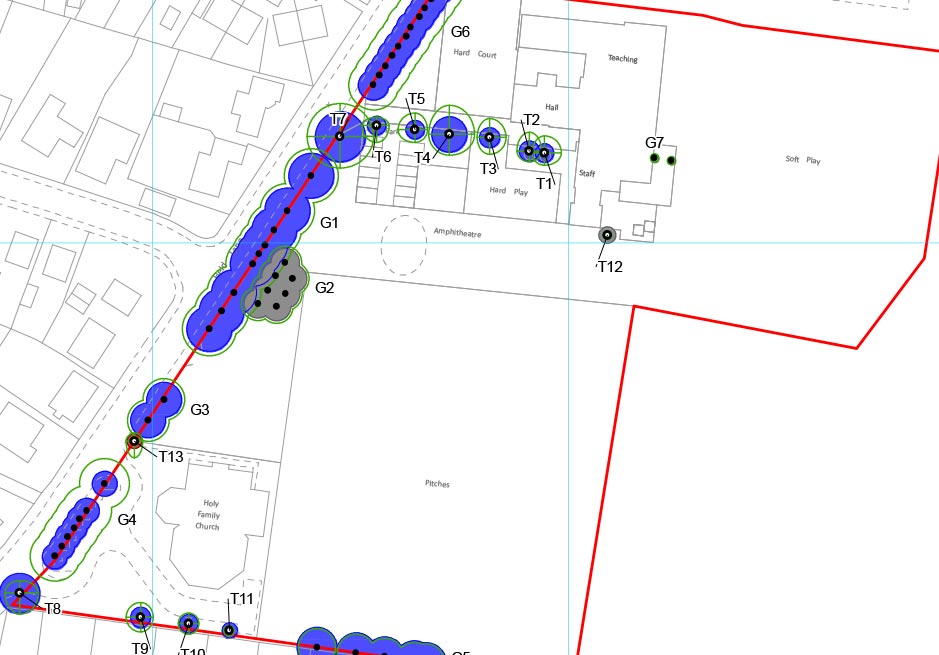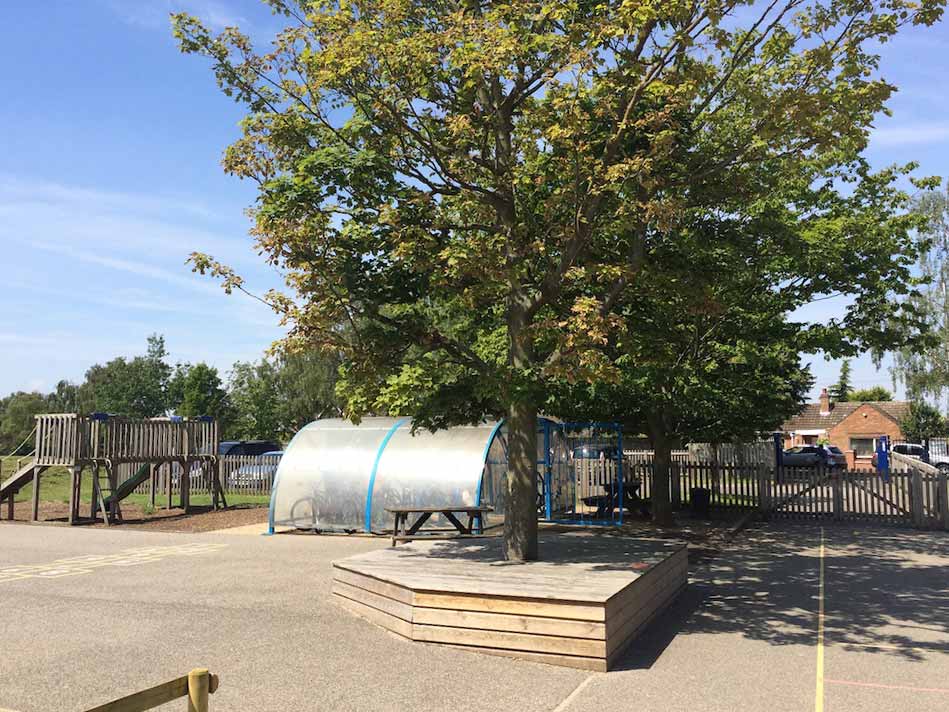Ecological assessments
Ecological assessments are still seen as a relatively new aspect to development, with many people getting caught out during the planning process. Clear legislation on habitat and species protection has been in place for many years. However, for non-specialists understanding the constraints of survey times, licence applications and mitigation methods can be confusing. Below, are the key considerations we think you should embrace when planning any development.
Early discussions
Early discussions with an ecologist when considering a new project (even before the design stage), can save time and money over the life of the project, helping to avoid costly delays (e.g. waiting for the next survey season).
Although ecology is often seen as a constraint, this does not have to be the case. Careful planning and design can often significantly increase the ecological and landscape value of the site for both wildlife and people.
Communication is vital
Keep your ecological specialist up to date with amendments to work schedules and site plans. They can only offer you the best advice when informed in good time. Seemingly harmless tweaks to site layouts and building plans have the potential to conflict with conditions, licensing relating to ecology and legal compliance.





